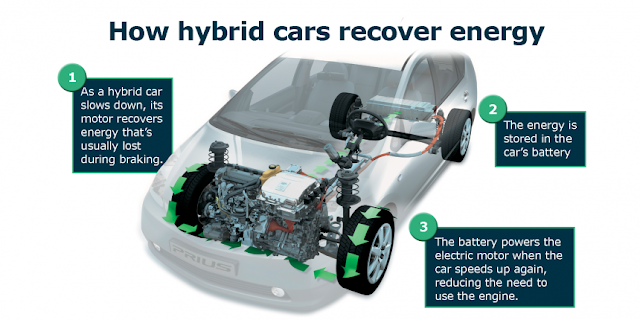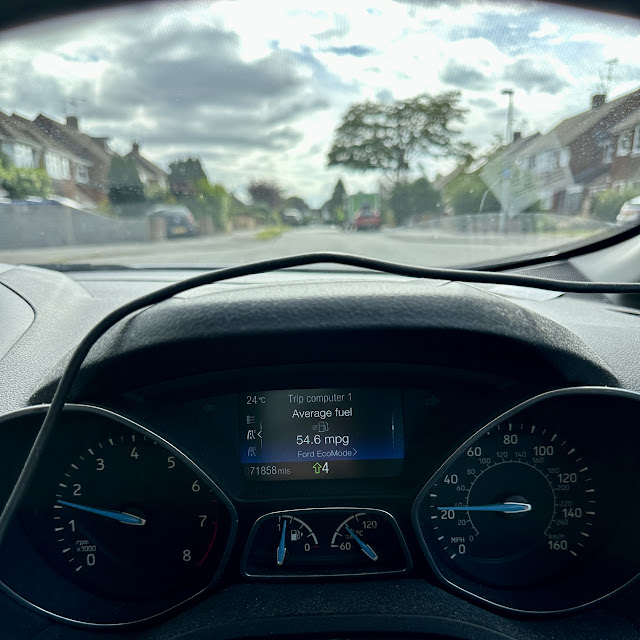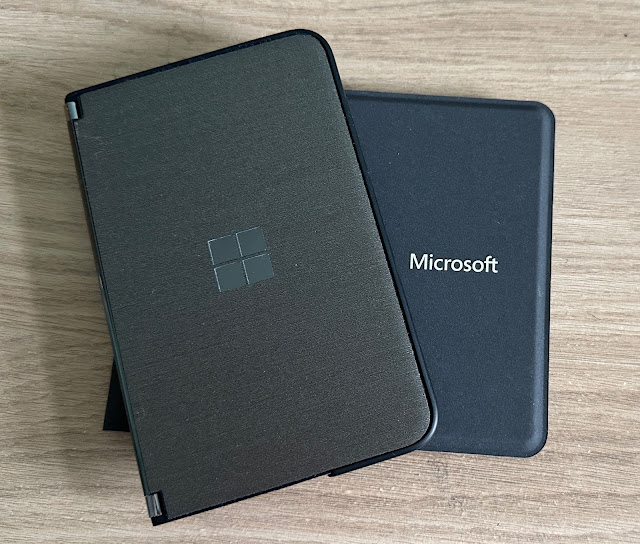Electric car versus hybrid versus efficient conventional motoring?!?
No, this isn't a detailed treatise and specification comparison between the various car propulsion technologies. More me musing on where to go and what to do, in terms of 'choosing my next car'. I currently drive an eight year old Ford C-Max with a three cylinder 1.0 litre turbocharged 'EcoBoost' engine - those exact details becoming relevant below, as you'll see.
Definitions
The year is 2023 then. 'Hybrid' cars (see definitions below) have been around in production form for 25 years (since the first Toyota Prius), so are almost ubiquitous now. 'Electric' cars (ditto, definition) for about 13 years (since the Nissan Leaf), so are more common but still considered new technology.
'Hybrid' cars have both (small batteries with) electric motors and Internal Combustion Engines (ICE), with the former handling low speed, low acceleration duties, and the latter handling higher speeds and higher accelerations over longer distances. Most hybrids are self-charging, in that the batteries charge from the ICE and from energy regained when braking.
'Electric' cars have large battery packs and electric motors only, being charged up from special recharging points at home or on a highway. Although there's not the weight of a ICE, this is offset by the amount of battery packs needed, usually resulting in a significantly heavier vehicle.
Why move away from ICE?
Now, I get all the arguments for hybrid and electric cars, I really do. And I want to experience the tech for myself, I want to help the planet. Hybrid cars, by virtue of being electric around town and at low speeds, offer dramatically better economy and lower pollution in urban environments - and at least half my driving is in town or around the suburbs. So less fuel used, lower emissions, a greener planet, etc.
Going fully electric (especially charging at home, with the house's main distribution panel right on the driveway already) would mean zero emissions, cheaper motoring, full stop (even with recent electricity price increases), the possibility of linking some kind of solar set-up into the equation. All very science fiction.
On the other hand...
There are downsides, of course. Hybrid cars are more expensive to buy and more complex than pure ICE cars, so there's more to go wrong and servicing has to be done at an official manufacturer service centre. Plus transmission is always automatic - fans of manual gear changing may not like this (though I found it refreshing when I rented a hybrid for a week in 2022).
While electric cars are even pricier to buy - significantly so, and on long journeys you have to plan ahead for charging points and potentially wait to plug in if the available points are in use, then wait again for half an hour or an hour, while your car gets up to the 80% mark, and so forth. While ICE cars and hybrids roll up to fuel pumps and are full and gone in under five minutes.
(My) current ICE status quo
Which is where I should inject data from my current ICE car. You'll remember that I quoted the engine specs above? Just to repeat: it's a Ford C-Max with a three cylinder 1.0 litre turbocharged 'EcoBoost' engine. My driving style is also fairly relaxed and hazard-aware, so we're not talking 'BMW/Audi' levels of acceleration insanity or motorway speed. I cruise at 65-70mph on the motorway and try not to brake too much around town, since that's where energy is lost, so my right foot is, on the whole, quite gentle.
As a result, on a generic 40 mile round trip journey with a mix of road types, I get 55mpg (miles per gallon - sorry, my brain still works in imperial units here!) I know, because I did that exact trip yesterday:
True, if I'm just ferrying family around the neighbourhood at under 30mph, with stop-start traffic, then this drops to under 40mpg, but on the whole I've been very impressed by this, Ford's most eco-friendly and efficient ICE.
When I bought this car, back in early 2020, I had the choice of this, or, for £1000 less, a 1.6 litre four cylinder Zetec ('old tech') ICE C-Max - similar spec but different engine. You'd have thought that the larger engine capacity would produce more power, but I'd been advised that the more modern 'EcoBoost' engine was the one to seek out - and I haven't regretted that decision once.
The 1.6l engine would be delivering around 45mpg on long journeys, 25mpg around town, and 35mpg average, so 10 miles per gallon less. While also chucking out more emissions, being ineligible for the new 'low emissions' zones in the UK, and demanding more government road tax each year (the C-Max is £36 a year, I think, which is just the admin charge, while the 1.6l 'old' tech-engined cars are £250 a year, quite a difference!)
Running costs: ICE versus hybrid
So the delta in efficiency between an older ICE car and a modern hybrid, say, is sizeable. 35mpg across all journeys versus 50mpg (to take an example, data from the 2023 Toyota Corolla hybrid). Plus the aforementioned extra road tax, and it all adds up. £500 extra fuel for a typical family car plus £250 extra road tax.
BUT. Looking at the same delta between my 1.0l Ecoboost C-Max and that hybrid is a wholly different story. 48mpg (say) average versus 50mpg and there's absolutely nothing in it. In fact, the road tax is in my older car's favour, since new hybrids have to pay £170 a year, as I write this (source). So any argument that I'll save money by upgrading to a hybrid is a complete fallacy.
The other attractions are still there, of course, watching energy being reclaimed when braking, enjoying silent motoring in town at low speeds, but these are tiny 'nice to have's when there's zero economic reason to switch. And given the large cost of buying the hybrid in the first place, switching would only make any sense if the current car stopped working and couldn't be economically repaired.
Running costs: ICE versus electric
The final delta then is current car versus a pure electric vehicle. There's no point in picking a specific car for this article since there are a wide range of options and prices, plus there's also a wide range of pricing for charging in various ways - all I can do is pluck a finger-in-the-air figure after doing lots of research and sums.
Assuming an efficient electric car, driven sensibly, in all seasons, over a variety of work/family journey types (local/long-distance), with a mixture of domestic and public charging, something in the order of 15p per mile is an achievable average*. So here's the interesting thing that blew me away when investigating all this - multiply up that 15p per mile to match the cost of a gallon of petrol (say £7, as I write this) and you get... 50mpg!
* We do have friends with a VW electric vehicle - they're retired, drive gently, and only ever do sub-200 mile round trips, plus they also only ever plug in at home on a very cheap overnight tariff, so their motoring works actually out to 2.5p a mile!! That's astonishing and an absolute best case scenario, I think...
In other words, the exact same efficiency in terms of money as my current EcoBoost ICE car and a typical hybrid. So in terms of running costs, energy-wise, there's really no difference between what I currently have and those of a new hybrid or electric car.
To be fair, there are less internally explosive bits to go wrong in a pure electric car and I'd expect servicing costs to be lower each year, but then there's the cost of renewing the huge battery pack five or six years down the road, and that's potentially many thousands. (It's also worth noting that, in the UK, road tax exemptions for electric cars will currently stop in 2025, so there's that to pay too from then on. Source)
The bottom line
This has been fascinating. Well, to me at least, and perhaps it's helped you too. In my situation, with a well maintained 2015 fuel-efficient petrol car, there is no need whatsoever to jump ship yet to other technologies. Of course, if something catastrophic happened (e.g. an accident/write-off, heaven forbid), then when starting from scratch with a new vehicle, of course hybrids and electric cars would be high on my consideration list. But the best thing for both my wallet and the planet is to keep the current car and get more use out of a complex piece of hardware that already exists and which I already own.
PS. If you like this feature and want to support my work then please do so here via PayPal. Thanks.







Comments